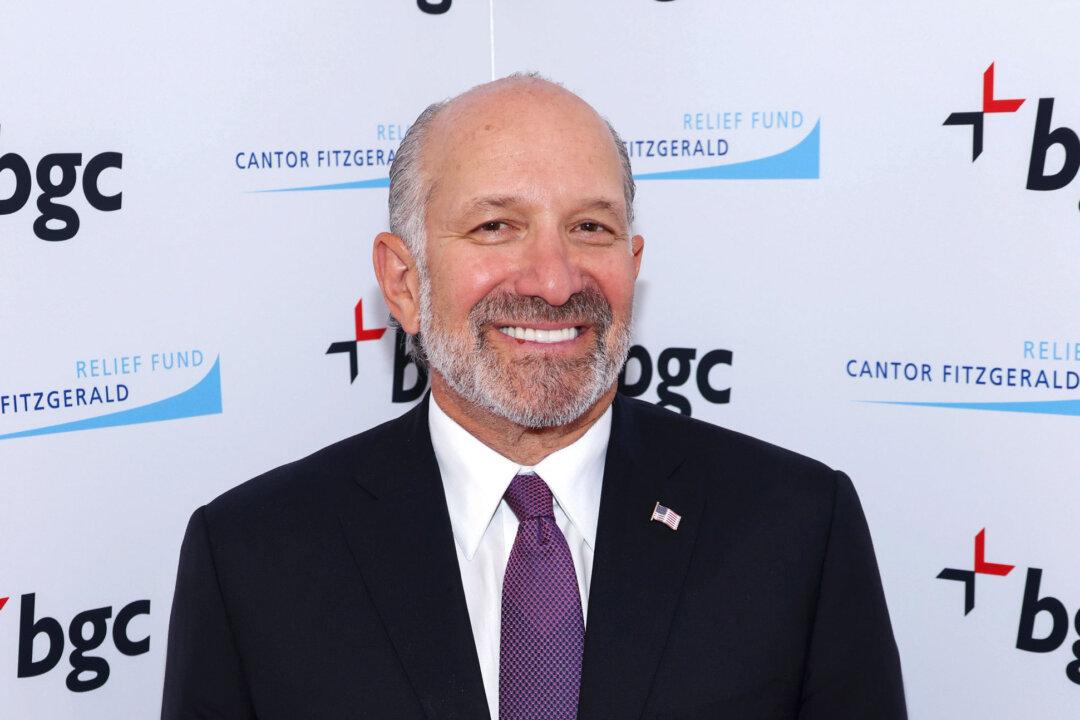President-elect Donald Trump selected billionaire Howard Lutnick for the role of commerce secretary, in which he will oversee the U.S. trade representative’s office.
If confirmed, Lutnick, CEO of financial services firm Cantor Fitzgerald and co-chair of Trump’s transition team, would hold a position that has increasingly become a crucial policy role.





